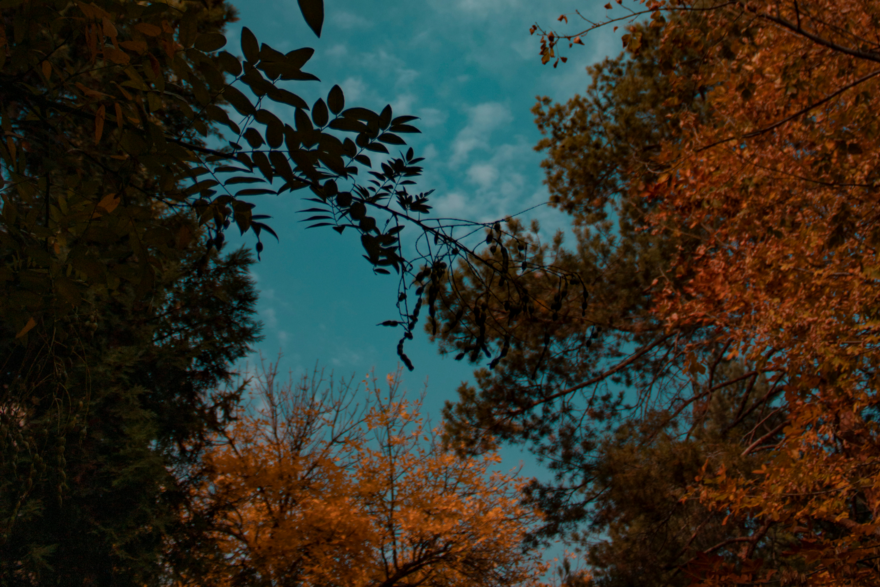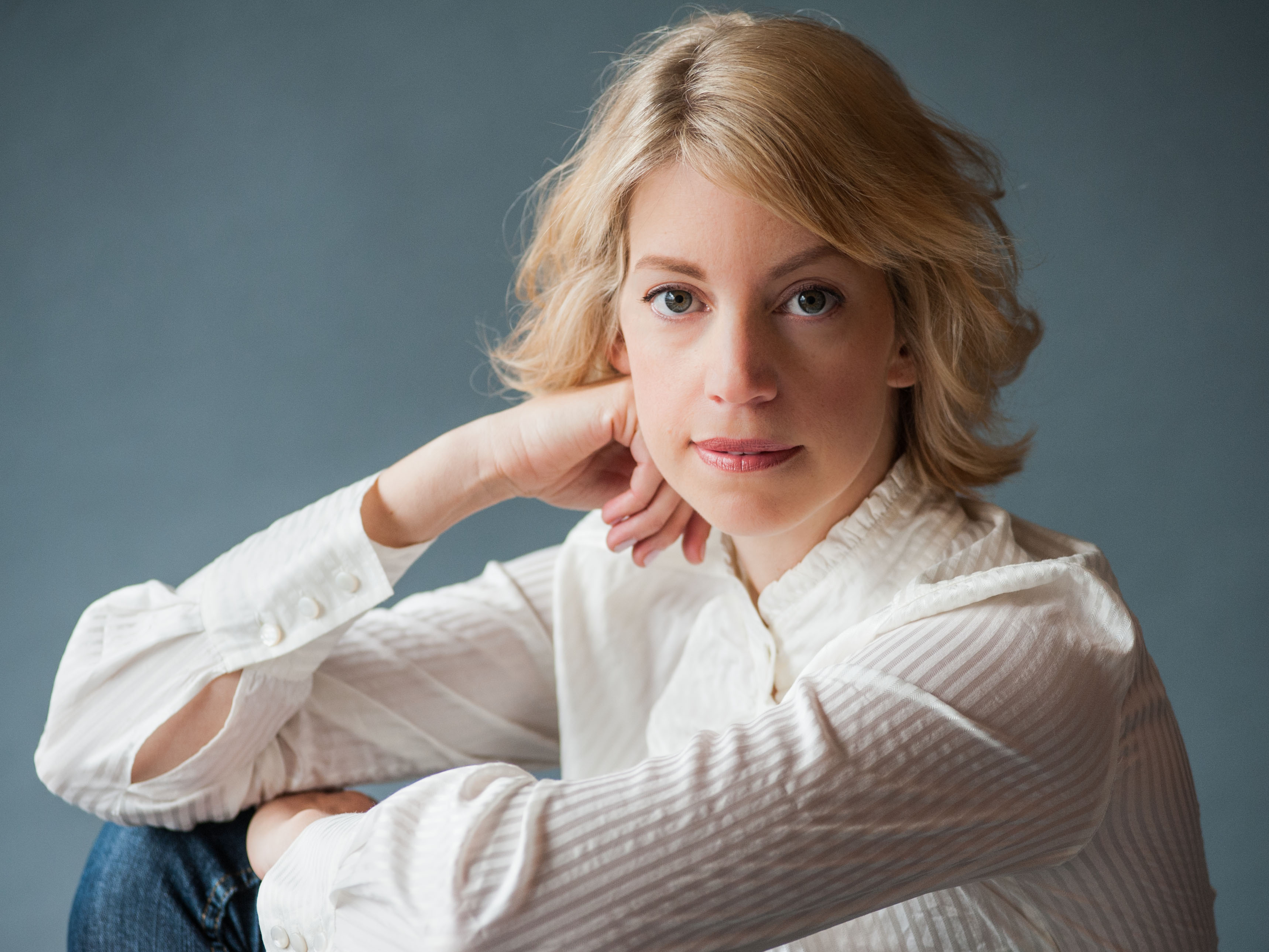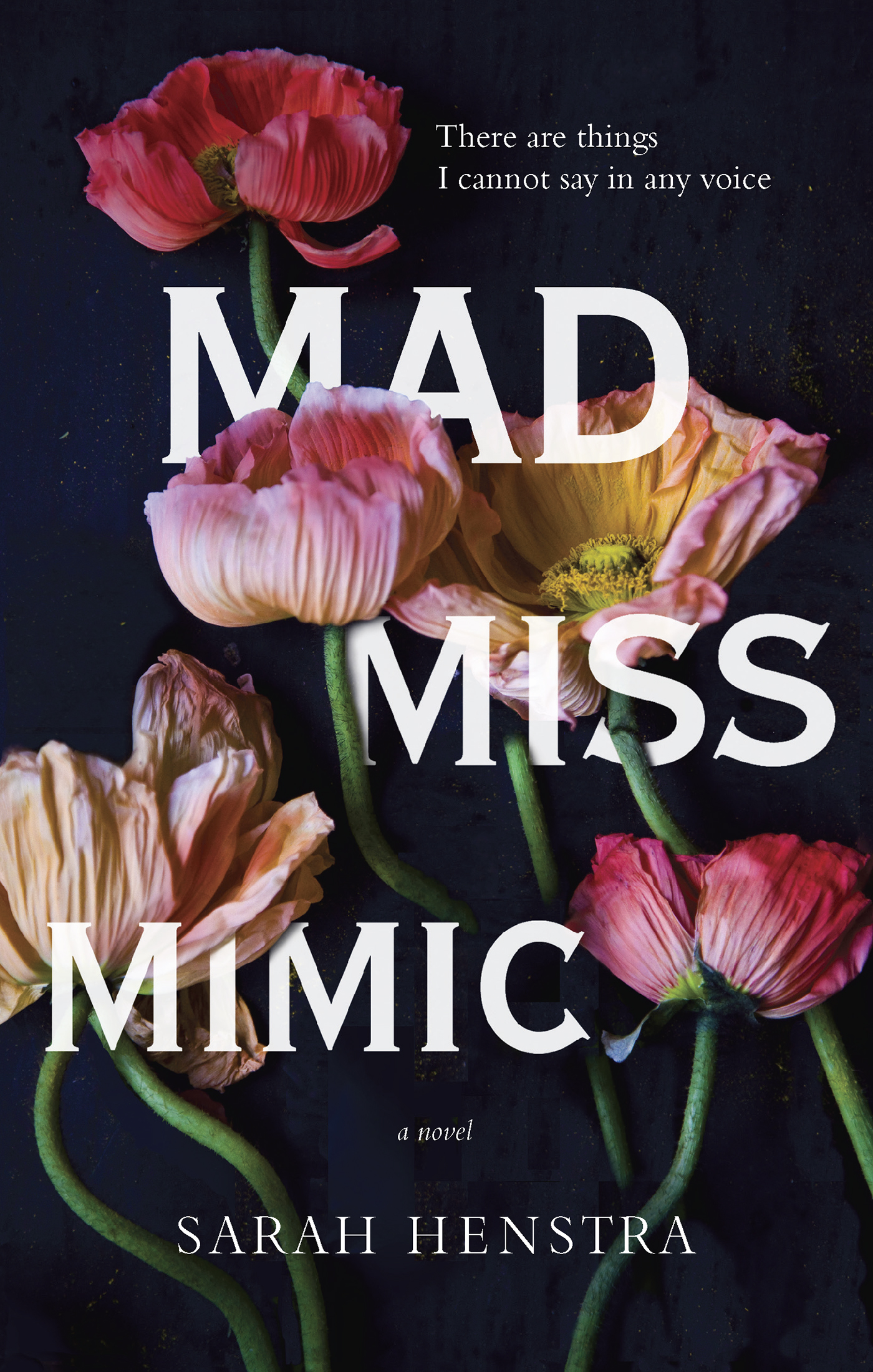Why you should keep your writing secret.

I've been working on my novel-in-progress (title: still a secret) since 2010. I've been actively writing it since January 2014.
In all of those years, I've kept the details about it to myself. It's still a mystery to most people. My husband, Ryan, hasn't read any of it yet. He can see my Post-it notes and index cards when they're spread out on my desk, but honestly, he approaches my writing notebook like it's my secret diary.
For this I am grateful. I treat my writing notebook as a secret diary, too.
I saw Austin Kleon speak at a conference last month. If you don't know him, he's the writer/blogger/artist behind the brilliant little book Steal Like an Artist, and, more recently, Show Your Work. He had a lot to say about openly sharing your creative work, and using your online presence to connect and build a reputation as an artist.
I like what he's saying -- obviously, I put myself out there, too. Respectfully — I advise writers not to show their work too soon.
And I keep my book a secret while I am still writing it.
 Sarah Henstra Photo credit: Paola Scattolon
Sarah Henstra Photo credit: Paola ScattolonI asked author, professor, (and my dear friend and writing confidante) Sarah Henstra to write a piece for you this month. I asked her if she would write you a letter with practical and honest writing advice.
I respect Sarah deeply, and her advice has helped me through many writing storms.
She wrote about why it helps to keep your writing a secret. Read her piece, below.
xo,

Keeping Secrets
Do you remember writing notes to your parents back when you first learned how to write words? Don’t look, don’t look! you’d say, hunched over the paper to shield your work as you labored over each letter. But when you were finally finished, you’d say Look, look! and if Dad had in the meantime turned his attention to a phone call or your sibling, you’d be quite determined in chasing him down to get him to read your work. My son’s first hand-written note to me was crafted while I was cooking dinner and presented, with great ceremony, when we sat down to eat: The fude is gros.
Every act of writing involves two distinct phases, fuelled by contradictory impulses: a solitary, private phase, where outside scrutiny feels like a threat; and a social, public phase, where the danger lies in being unread or ignored. In my experience, most writers strongly prefer one of these two phases over the other, depending on their personality.
I am secretive by nature and by horoscope (Scorpio: hiding in crevices, scuttling for cover, hunting at night). As a child I showed notes to my parents, but I also wrote notes and burned them. I wrote notes on gum wrappers, folded them carefully back into the Doublemint package and carried them around, so disguised, in my backpack. I wrapped notes in masking tape and wrote DO NOT OPEN UNTIL AGE 14 and saved them in a box in my underwear drawer. I wrote secrets, meant to be discovered by me and me alone.
In my teen years I wrote for recreation and refuge but also for revenge. Puritanical parents, meddling teachers, disloyal friends—all would be excoriated in my diary. I’d write outrageous things about them, disgusting things. I’d tell myself that if any of these people read my diary, the ensuing shock and hurt would be exactly what they deserved for violating my privacy. Nowadays my daylight hours are anything but private. As an English prof at a big urban university, I lecture to 120 students at a time. I sit in meetings, hold office hours, attend conferences and research talks. At home there is homework to supervise, snacks to prepare, yard work, groceries, laundry. So more than ever before, my writing is my hideout. It’s the place I go to be alone, where I’m answerable only to myself and can actually hear myself over the clamor. Recently I’ve begun waking up at 5:00am to write before the school day begins. There’s no traffic outside, no footsteps on the stairs, no emails. A wholly secret window of time.
Research shows that secret goals are more powerful than ones you share. If you gab about your goals—with friends and family, say—you’ll feel pleasant feelings of satisfaction, even accomplishment. But if you’re already feeling satisfied and accomplished you’ll be less motivated to strive for the actual accomplishment. For me, though, it’s even more than a desire not to dissipate the drive. For me the secrecy is an end in itself. The first draft of a new novel has the same delicious-secret sensation attached to it as my childhood hidden notes and my teenaged diary. The creative excitement of I am making something new is boosted through the roof by Nobody even knows. I am addicted to this feeling of audaciousness and transgression. Checking my manuscript’s growing word count gives me a dirty little thrill, like hoarding.
But what about accountability? What about the demoralizing, work-halting realization that if no one knows, no one cares? This is the downside of keeping secrets. I have definitely suffered from drifting off course—from letting work and life pull me away from my writing—and having nobody to steer me back. It’s a little easier now that I’m past the aspiring-writer stage. Having an agent and editors means that someone, sometimes, will ask after the work, and a deadline is always a great kick in the pants. But the real help comes from regular writing dates with a couple of like-minded friends. We don’t read each other’s work. We just sit together at a café with our laptops. These friends support me in showing up to the page without needing to show the pages themselves.
At some point, of course, the cat has to be let out of the bag. The difference between a novel and a diary is that eventually the novel has to find readers. Like all writers I yearn for the moment when my book has its moment in the sun. But when that moment comes, when I’m smiling and saying my thank yous and talking about how I came up with my ideas, I hope to be beavering away on the next secret first draft.
 Sarah Henstra is the author of two novels: Mad Miss Mimic (Razorbill Canada, 2015) and The Red Word (coming from Grove Atlantic, 2016). She is a professor of English literature at Ryerson University, where she teaches courses in Gothic Horror, Fairy Tales & Fantasies, Psychoanalysis & Literature, and Creative Writing. She grew up on the wild, wet coast of British Columbia and now lives in Toronto with her two sons. Sarah is repped by Monica Pacheco of Anne McDermid & Associates.
Sarah Henstra is the author of two novels: Mad Miss Mimic (Razorbill Canada, 2015) and The Red Word (coming from Grove Atlantic, 2016). She is a professor of English literature at Ryerson University, where she teaches courses in Gothic Horror, Fairy Tales & Fantasies, Psychoanalysis & Literature, and Creative Writing. She grew up on the wild, wet coast of British Columbia and now lives in Toronto with her two sons. Sarah is repped by Monica Pacheco of Anne McDermid & Associates.
Disclosure: This post contains affiliate links. If you purchase something using one of these links, I may earn a commission. I only recommend books or products I trust.

7 comments
Leave a comment